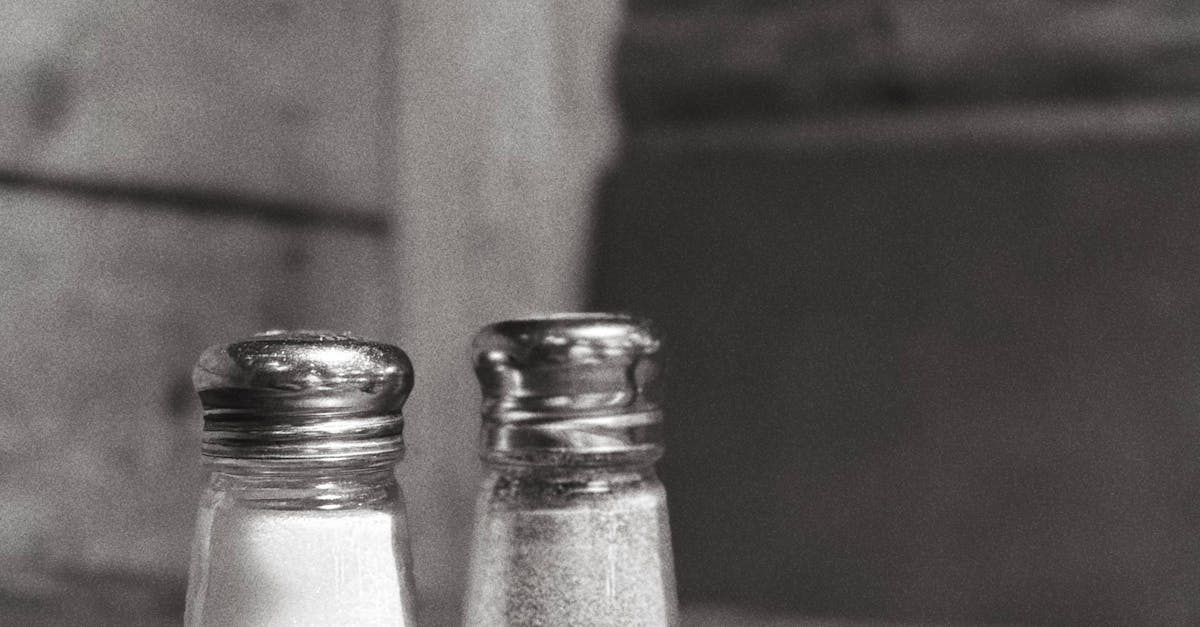The Silent Spike: 10 Everyday Habits That Are Silently Raising Your Blood Pressure
In the fast-paced rhythm of modern life, many individuals are unknowingly nurturing habits that could be silently escalating their blood pressure, posing significant health risks. Hypertension, often dubbed the "silent killer," frequently goes unnoticed until it manifests as a serious health crisis. This article meticulously examines ten everyday habits that stealthily contribute to rising blood pressure, weaving each into a broader narrative of lifestyle awareness and proactive health management. By understanding these habits, individuals can take informed steps towards mitigating their impact, thus safeguarding their cardiovascular health and overall well-being.
The Salt Trap: Hidden Sodium in Your Diet

While a sprinkle of salt may seem harmless, the cumulative effect of high sodium intake can be detrimental. Processed foods, canned goods, and even some seemingly healthy snacks are laden with sodium, which can lead to water retention and increased blood pressure. The World Health Organization recommends reducing salt intake to less than 5 grams per day, yet many exceed this amount unknowingly. Awareness and careful label reading can help reduce sodium intake, thus lowering the risk of hypertension. By opting for fresh, whole foods and seasoning with herbs instead of salt, individuals can significantly impact their blood pressure levels.
The Stress Surge: Emotional and Psychological Triggers

Chronic stress is a well-documented contributor to high blood pressure. When the body perceives stress, it triggers the release of hormones like adrenaline and cortisol, which increase heart rate and constrict blood vessels. This physiological response is beneficial in acute situations but harmful when sustained over time. Techniques such as mindfulness, meditation, and deep-breathing exercises can mitigate stress, promoting relaxation and reducing hypertension risk. Understanding personal stress triggers and developing coping mechanisms is crucial in managing blood pressure effectively.
